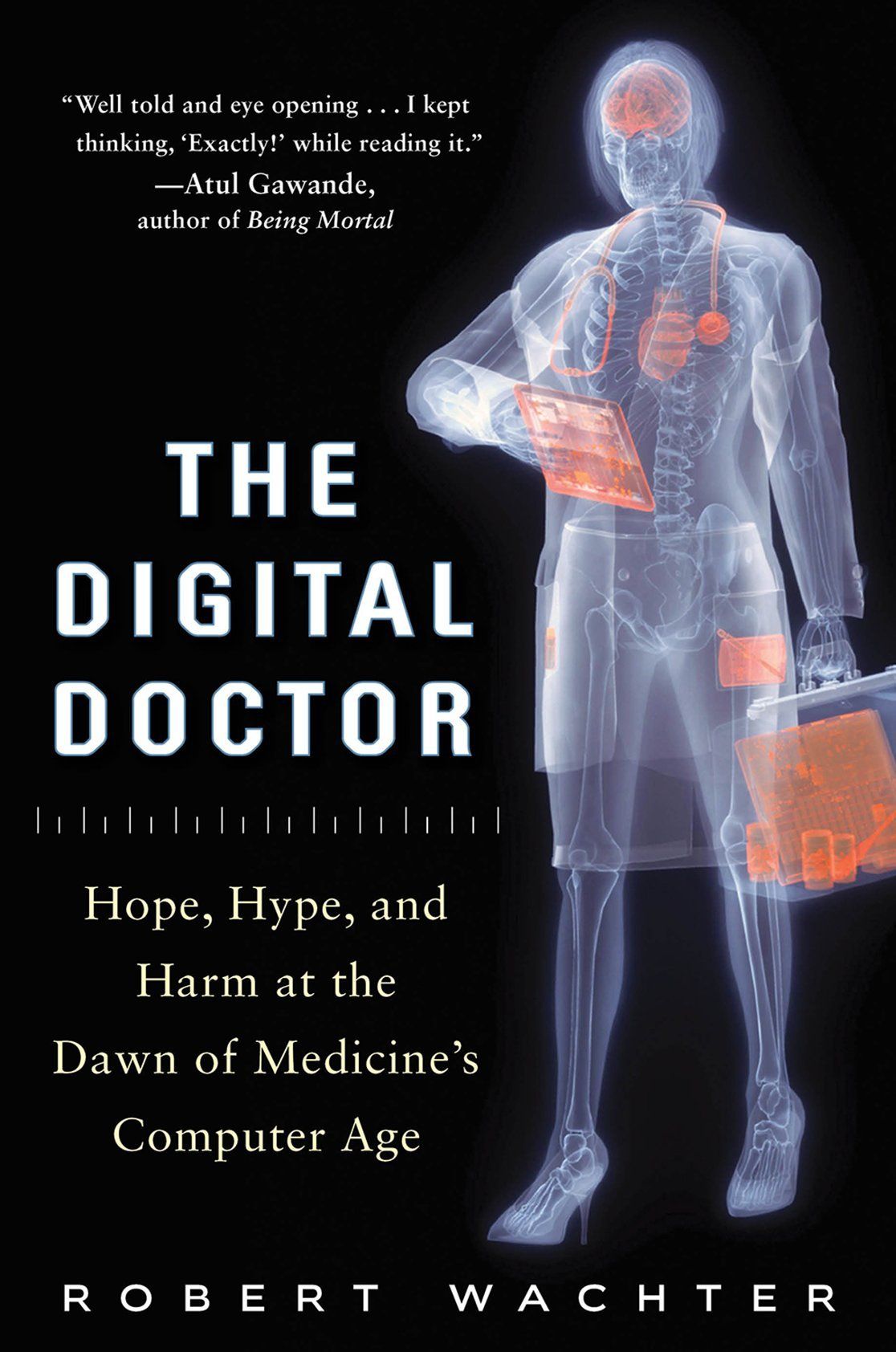The Digital Doctor: Hope, Hype, and Harm at the Dawn of Medicine's Computer Age

"The Digital Doctor" is an interesting take on the history of Electronic Health Records and how they're changing medicine for better and for worse in America. I'm not particularly interested in this specific topic, but the book is valuable as a case study of the challenges of integrating technology into existing complex, highly regulated, high stakes industries that are filled with specially trained professionals.
Several of my favorite quotes below
Harvard psychiatrist and leadership guru Ronald Heifetz has described two types of problems: technical and adaptive. Technical problems can be solved with new tools, new practices, and conventional leadership... Heifetz contrasts technical problems with adaptive ones: problems that require people themselves to change. In adaptive problems, he explains, the people are both the problem and the solution.
During Burton's years working at Otis, he had learned an important lesson: although his work was ostensibly about computers, cables, and controls, solving the technical puzzles wasn't nearly as hard, or as important, as fixing the underlying business, cultural, and political problems. That's what really determined how well the system worked.
In a 2013 study, researchers at Johns Hopkins found that medical interns spent just 12 percent of their time talking to their patients, versus more than 40 percent of their time on the computers.
To Reiser, the discovery of the stethoscope had even broader implications. The rise of the stethoscope, and the triumph of auscultation that resulted, also marked the beginning of what the historian called "modern therapeutic distancing," as the doctors' attention shifted from the words spoken by patients to the sounds produced by their organs. And thus began the transformation of the doctor-patient relationship.
Medical historian Stanley Reiser captured the impossibility of all of this when he called the medical record a "contradictory hybrid: a confidential and public document."
One of the most fascinating solutions to the physician-as-data-entry-clerk problem has been the emergence of scribes, often premedical students or paramedics who are hired by physicians to perform documentation in real time... In the 23 physician practices that Sinksy observed, she found that the scribes were one of a small number of innovations that reliably led to happier doctors and a better-functioning clinic... "In every other industry, they bring in computers and start laying people off... Only in healthcare do we bring in computers, and then hire extra people to use them."
The issue of distractions is, of course, well appreciated in aviation. In fact, one of the sacred rules of the field is known as the "Sterile Cockpit," which prohibits distractions, including conversations about matters other than flight safety, when the plane is flying at an altitude below 10,000 feet - generally during takeoff and landing.
As the economist Paul Krugman has observed, while productivity isn't everything, it is almost everything, because it is what ultimately determines the financial vitality of a business and the living standards of a country.
I heard many references to this notion of honoring the pilots' experience and traditions in my discussions with various folks at Boeing and with pilots themselves. It is clearly part of the DNA of commercial aviation. I never heard anything like it from a health IT vendor, many of who see clinicians as expensive cogs to be replaced or technophobic obstacles to be overcome.
"The more questioningly we ponder the essence of technology, the more mysterious the essence of art becomes" - Martin Heidegger, The Question Concerning Technology, 1977